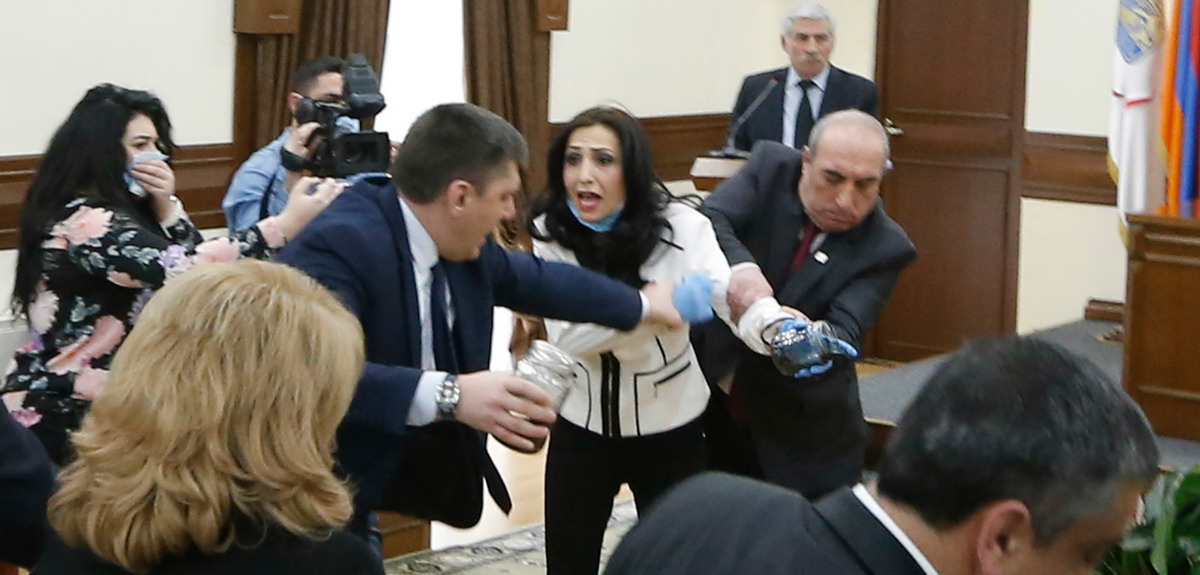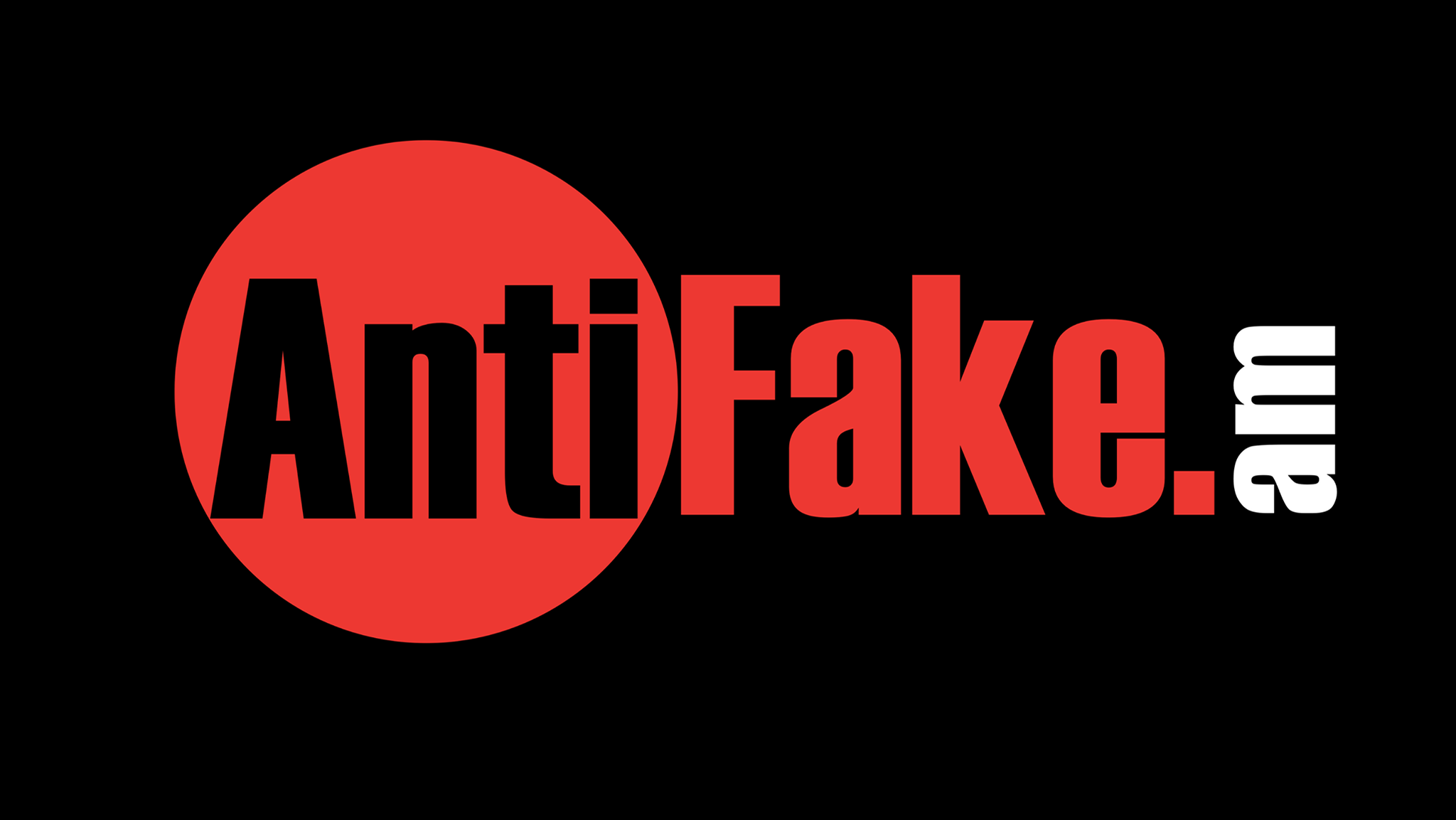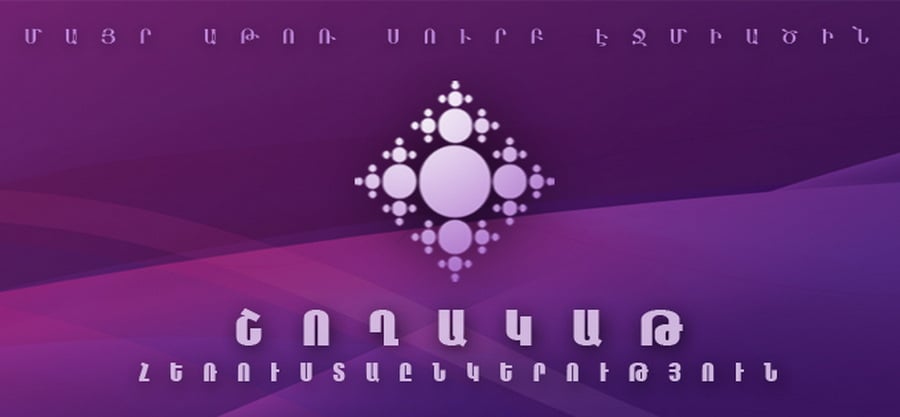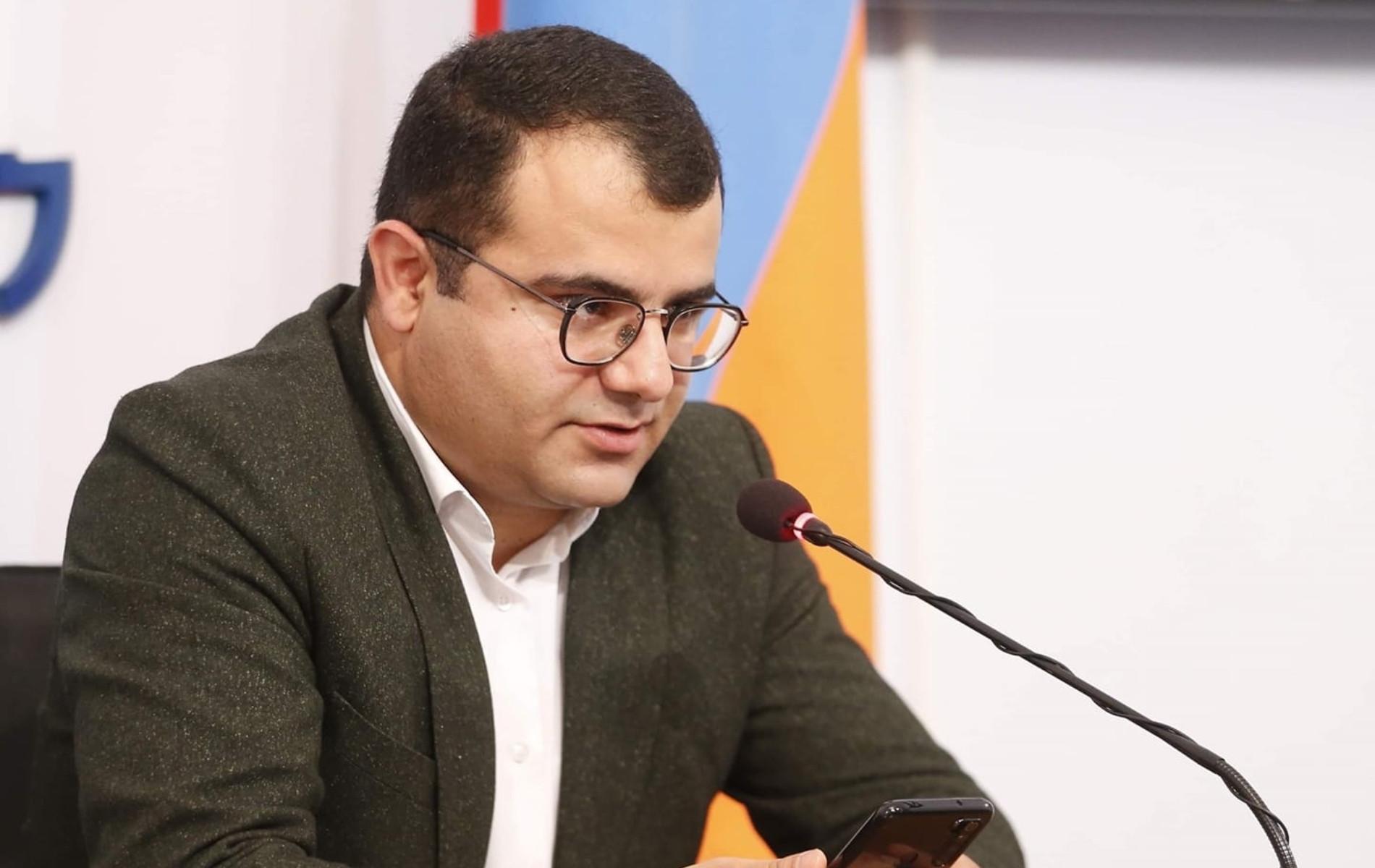When the new authorities came to power it Yerevan Municipality became more accessible to the journalists: no accreditation was needed for them. Hakob Karapetyan, the Mayor’s press secretary speaks about the envisaged changes in journalists’ working conditions. “We are planning to partially remove the wall between the session and the entrance halls, as a result of which journalists will be able to closely follow the sessions in improved working conditions.”
Ani Samsonyan, MP from the “Bright Armenia” faction and an ex-member of Yerevan Council remembers how the door of the session hall was shut in front of journalists after the famous story of the wastewaters brought to the Municipality. “The former authorities erected artificial barriers, which were prescribed by law to prevent coverage unfavourable to the authorities in force majeure situations.”
In the post-revolution period and following joint discussions with the concerned media organisations, the officials from the Municipality came to a common denominator in the area of contacts with the media: the wall would be removed and more comfortable conditions would be created for media representatives. It is also important to enact legislative amendments and to remove the restrictions imposed by the former authorities. Hence, the CPFS submitted a package of amendments to the Law on the Local Self-Government in the City of Yerevan to the 3 NA factions, subsequently circulated by the faction “Bright Armenia.” On 4 June the National Assembly adopted the amendments by the first reading.
The restrictions for the media representatives were removed also by the amendments made on 8 May to the Law on the Structure and Activities of the Government. Accordingly, the sessions of the highest executive authority will be public with the exception of issues requiring secrecy as well as accessible for coverage.
Instead, complications arose in the process of amending the Law on Procurement. In particular, the CPFS proposed to remove the restrictions on freedom of information on the ceremonial and representational costs of the RA President, the Prime Minister and the Chairperson of the NA imposed by the former authorities.
It became evident from the discussions held in the Government session that the executive was not considering the necessity of the legislative amendments from the point of view of the right to receive information but of the security issues only. In what follows we would like to remind how Prime Minister Pashinyan reacted to the proposed amendments: “In other words, we should post in advance the schedules of the high-ranking officials in the website, their itineraries, we should write the types of armour the security is armed with, how many security officers are escorting this or that official, who is or is not a good shooter and enclosed advice on how best to commit terrorist acts in respect of this or that high-level official.”
The “Bright Armenia” does not have an idea whether distorted information on the legislative amendments had been conveyed to the Prime Minister or this whole thing was done intentionally. Whatever the situation, later, on 8 May the Prime Minister apologised to the faction during the Q&A session: “I declare officially that the “Bright Armenia” party does not support any terrorist organisation and that all who perceived my statement along these lines have misunderstood my words, and if I am the cause of this misunderstaning, I apologise for this.” Nevertheless, as Ani Samsonyan stated, “even after these words the ruling majority and the Government opposed the draft and failed to adopt the draft law, thereby continuing the line of the former authorities as to the need to keep these costs a secret.”
These concerns are addressed by Sisak Gabrielyan, MP from the “My Step” faction who stated that they had their own package of amendments: “At this moment together with Artak Manukyan I am finalising the draft law, which reflects the CPFE’s idea. We have relied on the international plactice, in particular the one not requiring an entirely open list of these expenditures, nor does it make it obligatory for the citizen to know what item in particular was bought in the list of the representational costs. However, in our profound belief, at least citizens have to know how much these costs were and what was the purpose thereof.” The MP expressed hope that the package of amendments will be included in the NA agenda as early as September.
Another proposal by the CPFS – on the amendments to the Law on the Protection of Personal Data is also at the stage of discussion. The amendments adopted by the parliament on 16 December 2016 on not foreseeing exceptions for collecting personal data for journalistic, literary and artistic purposes is being challenged by the proposal.
Ani Samsonyan compares the restrictions on this law with the Law on the Procurement: in both cases the problem relates to publicising of information, which can be undesirable for the authorities. “It may trigger a non-adequate reaction by the authorities on the pretext that there is information, which we do not want published as it may harm us.”
However, according to Sisak Gabrielyan, “My Step» does not see any problem here. At present, discussions on the CPFE’s recommendations continue with the NA and the Agency for the Protection of Personal Data.
The Law on Freedom of Information also calls for amendments in terms of ensuring access to information, taking account of the new phenomena, the technological advancement and the modern means of communication between officials and citizens. The draft law developed by the Government during the previous authorities was heavily criticised by civil society and hence removed from circulation by the new authorities.
Prior to undertaking systemic changes in this area, the Center for Freedom of Information came up with a wonderful proposal – to eliminate the requirement of signature in case of written inquiries. There are agencies, which refuse to respond to inquiries with a scanned signature. Liana Doydoyan, project manager of FOICA explains the need for amendments in the following terms: “We have a law on electronic signature, which says that electronic signature must be put in case of electronic paper administration. However, many do not have one as you have to pay for it, which results in restrictions of rights.” At present the issue is being discussed with the Ministry of Justice and there are no serious discrepancies, which means a step forward can be made to obtain fast responses to online inquiries.
The most problematic from among the laws regulating the activities of the mass media is the Law on Television and Radio, which had been amended 29 times but which has not been updated so far. Boris Navasardyan, President of Yerevan Press Club indicates that “these amendments failed to harmonise the legislation with the process of digitalisation and this led to quite serious problems both in terms of licencing and in terms of providing the media with the necessary opportunities. This concerned the regional television companies in the first place.”
On 11 July the CPFE, along with its partner organisations, submitted to the NA Standing Committee on Education, Culture, Diasposa, Youth and Sport a jointly prepared new draft Law on Television and Radio. What is the urgency behind the adoption of the law conditioned by? According to Boris Navasardyan, “New licencing tenders have to be announced in 2021 and if the law continues to be in force in its current form and substance, this will mean that this situation in the area of broadcasting will be prolonged for another 10 years and that we will not have any developments. In order for the rules of the game to be clear in advance, this law has to be adopted at least one year prior to the forthcoming tenders and a liberated field for broadcasting must be developed via new regulations.”
Therefore, the new draft Law on Television and Radio proposes:
-
Registration of the authors or simple registration instead of the licencing of television and radio companies;
-
Favourable conditions for the creation of private multiplexes;
-
Involvement of about 10 marz television and radio companies in the process of digitalisation;
-
Application of the ”social package” of television programmes;
-
Introduction of an Ombudsman’s institute in the Public Television and Radio Company;
-
Ensuring transparency of ownership and financing in the broadcasting sector.
The will be discussed with the state institutions competent in the broadcasting sector, the media and other stakeholder NGOs’ international organisations and experts.
Hasmik Budaghyan
CPFE Expert









